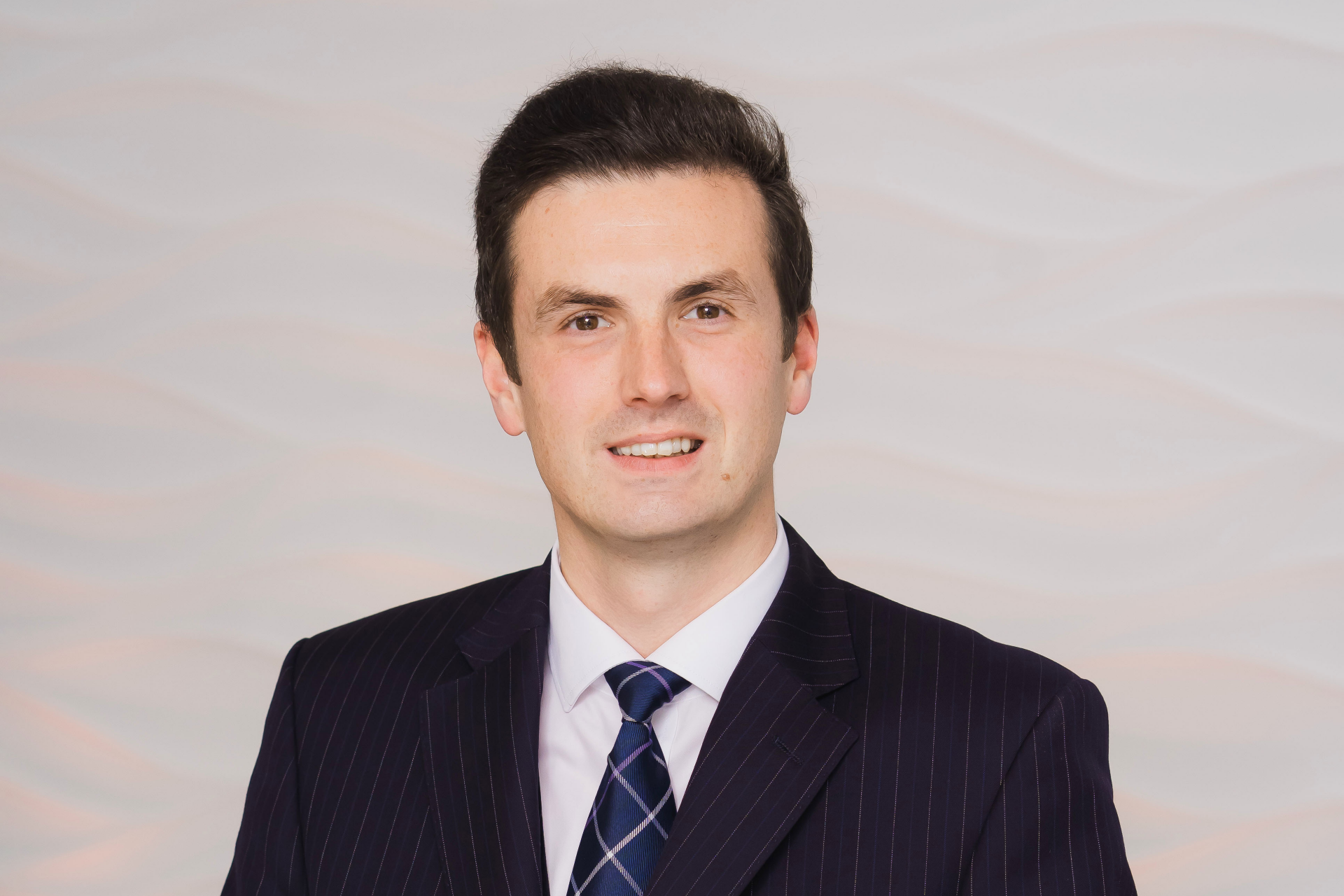
After graduating I completed my Master of Laws with integrated Legal Practice Course before returning to the Isle of Man. There I undertook the Manx Bar to qualify as an Isle of Man Advocate. Once called, I enjoyed a busy and varied practice in civil and chancery litigation.
After five years I left private practice and joined the Isle of Man Courts & Tribunals Service as a legal adviser to the Island’s permanent judiciary, including the Island’s Chief Justice. I was subsequently also appointed as the Assistant Chief Executive Officer of the Courts & Tribunals Service and recently a part time judge.
A typical day is busy but varied. It will usually include conducting legal research for the judiciary on areas of Manx law in which they have active cases, or reviewing incoming legislation and considering whether, for example, procedural rules are required to achieve the aim of the legislation in practice.
There will likely be a number of meetings from internal operational ones looking at the day to day business of the Courts and our ongoing projects, or external ones with Government Ministers and Committees.
In March 2024, at the age of 30, I was appointed as a part time Judicial Officer, a judge of the Island’s High Court, and also a Deputy Coroner of Inquests. This allows me to gain experience sitting as a Judge permitting me to consider whether it is a role I wish to take on permanently in the future.
The role requires a deep understanding of the law, the ability to make impartial decisions, and the capacity to handle the responsibility that comes with the position. It is humbling to be appointed, showing the trust and confidence in me to manage cases.
The critical approach to studying law trains one to question law and understand it in its socio-economic context. This training ensures that, when in practice, one closely examines all areas of a case and is able to provide detailed legal advice to the client and develop critical arguments on the law before the Courts.
Aside from the academic, the lawyering skills offered by the Law School and the various societies provided training in the key areas of advocacy, negotiation, client interviewing and networking in a safe environment where one can learn and develop such skills. This all helped me serve the best needs of my clients.
Take all opportunities available to you. Law is a competitive sector and you want to leave university with the best skill set and experiences that you can, to be in the best position to enter the legal profession. Not only does that make for a good CV but it also ensures you know, and have some experience of, exactly what areas you want to go in to, and what areas you do not.
Whilst I have plenty of great memories from my time at Kent, my favourite memory has to be simply being in Canterbury. From the active city life to the calm and tranquillity of the University’s parkland campus. I have fond memories of sitting on the grass outside the Templeman Library on a hot sunny day with friends enjoying the vista down over Canterbury and the Cathedral. With a glass of wine of course!
Other than concentrating a little more in my Equity & Trusts lectures on a Thursday morning, I do not think there is much I would do differently.
Yes, both socially and professionally. Certain of my fellow alumni are now my colleagues in the legal sector and, whilst in private practice, I received a number of instructions from them.
I still try to retain a connection with the University and visit at least once a year to take part in events organised by the Law School with a focus on offering opportunities for current students to network and develop their own legal skill sets.
I aim to continue to practice in the Isle of Man enjoying the work life balance which it offers. I will always aim to enter the upper echelons of the profession whether proceeding down a judicial, or an alternative, route.